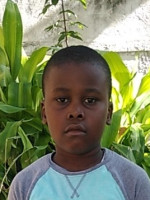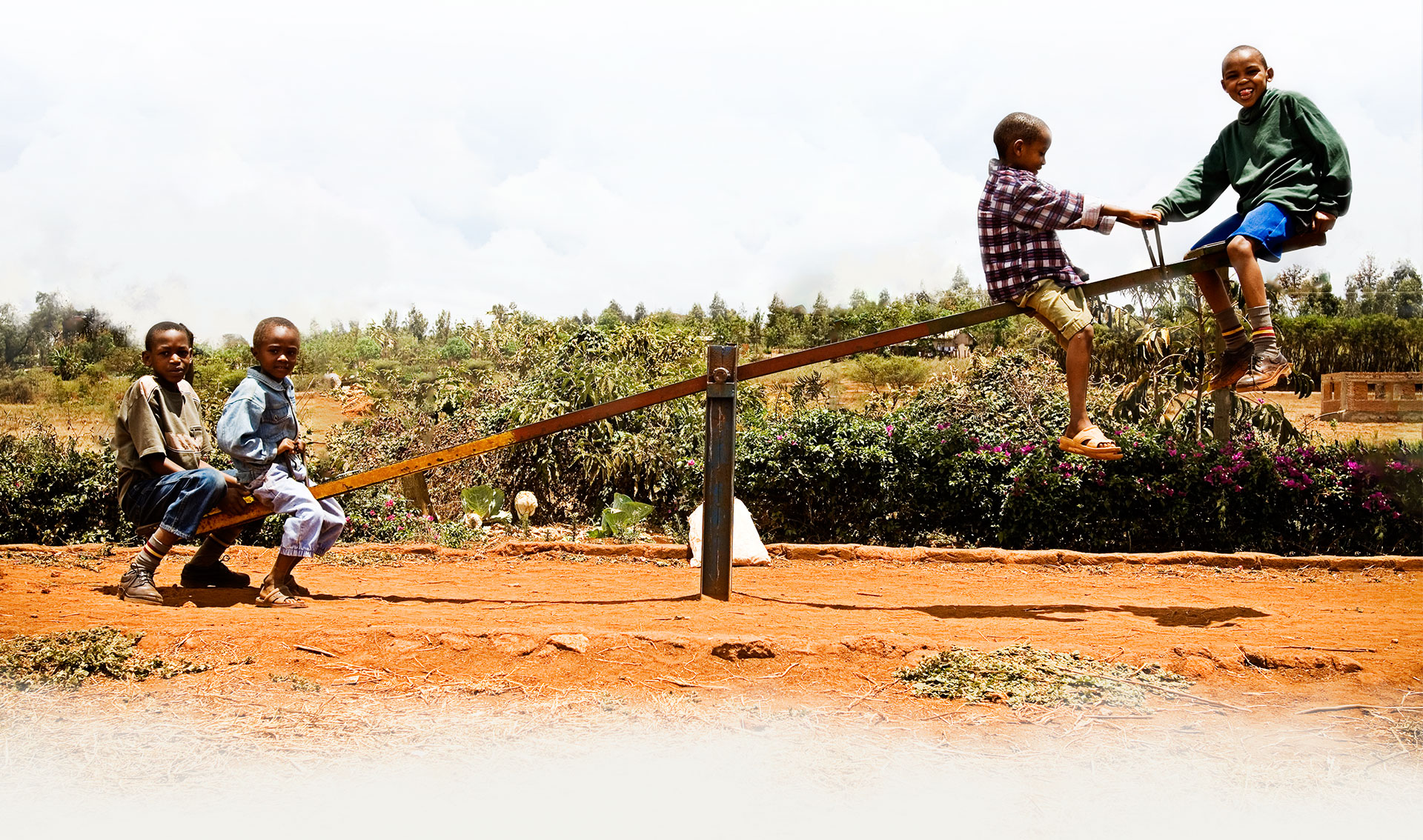
Mick Elidjy Roobens

Birthday
January 29, 2015
Age
Age: 9
Gender
Boy


Mick Elidjy Roobens is 9 years old and lives in Haiti.
Mick Elidjy Roobens lives with his mother. Mick Elidjy Roobens' mother is Not Employed. Mick Elidjy Roobens has 1 sibling living in the household. Mick Elidjy Roobens helps with the following duties at home: Buying Or Selling In Market. Mick Elidjy Roobens' favourite activities and interests include: Dancing, Group Games, and Soccer or Football. Activities that Mick Elidjy Roobens enjoys through the church are: Sunday School/Church. At the compassion centre Mick Elidjy Roobens' favourite activities are: Singing Songs and Dancing and / or Drama. Mick Elidjy Roobens attends school. He is in the equivalent of grade 2. Mick Elidjy Roobens' favourite subjects are History and Math. His performance in school is Average. Mick Elidjy Roobens's family lives in the area of Martissant in Haiti.
Haiti occupies the western third of the island of Hispaniola in the Caribbean. Although it is tropical, mountains cut Haiti off from the moist trade winds that water the side of the island occupied by the Dominican Republic. The climate varies between humid lowlands and arid uplands, and about two-thirds of Haiti's rough terrain is unsuitable for farming.
Haiti is one of the most densely populated countries in the world and is the poorest in the Americas. Most Haitians are subsistence farmers who cultivate small plots of land around their mud-and-thatch homes. These homes are particularly vulnerable to earthquakes and hurricanes, which have devastated Haiti in the past, in particular in 2010, when the capital of Port-au-Prince was hit by a powerful seismic shock.
In 1492, Columbus landed on Hispaniola, and the island became the centre of Spanish rule in the West Indies. Soon, the majority of the Indigenous people had died by disease or at the hand of the Spaniards, and slaves were brought from Africa to populate the island. Later, the French took possession of the island. In 1804, the island won independence as the republic of Haiti. Forty years later, the eastern part of the island split off as the Dominican Republic. Since then, Haiti has had a troubled history. In 1991 a military coup forced thousands to seek asylum in the U.S. In 1994, the president returned from exile, and military rule was abolished. Later, instability forced the president to flee the country again in 2004, and an international stabilization team was sent to help keep order. Elections resumed in 2006.

Compassion’s ministry is focused on what we call holistic child development. This means developing children in all the different aspects of their lives—their minds, bodies and relationships—while giving them the opportunity to hear about and experience the love of Jesus from caring local church staff and volunteers.
Absolutely not! We encourage children and families of all faiths and backgrounds to register in our programs and would never require or coerce anyone to convert to Christianity.
Learn MoreToday, children around the world are discovering that poverty doesn’t have to be their future. Help one more do the same by sponsoring with Compassion!

While we're sorry you could not sponsor this specific child, we would love to help you find a different child to sponsor.
Age: